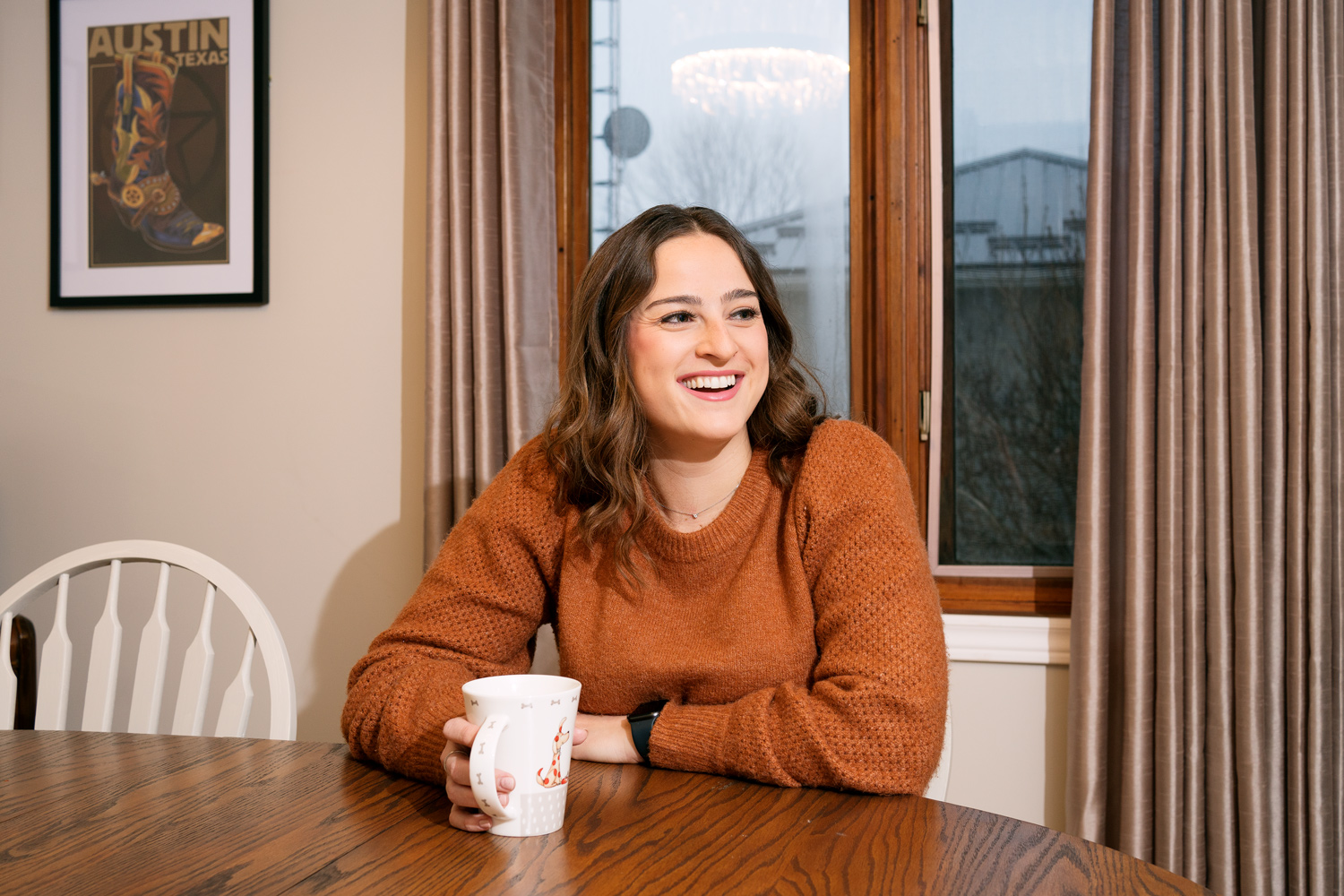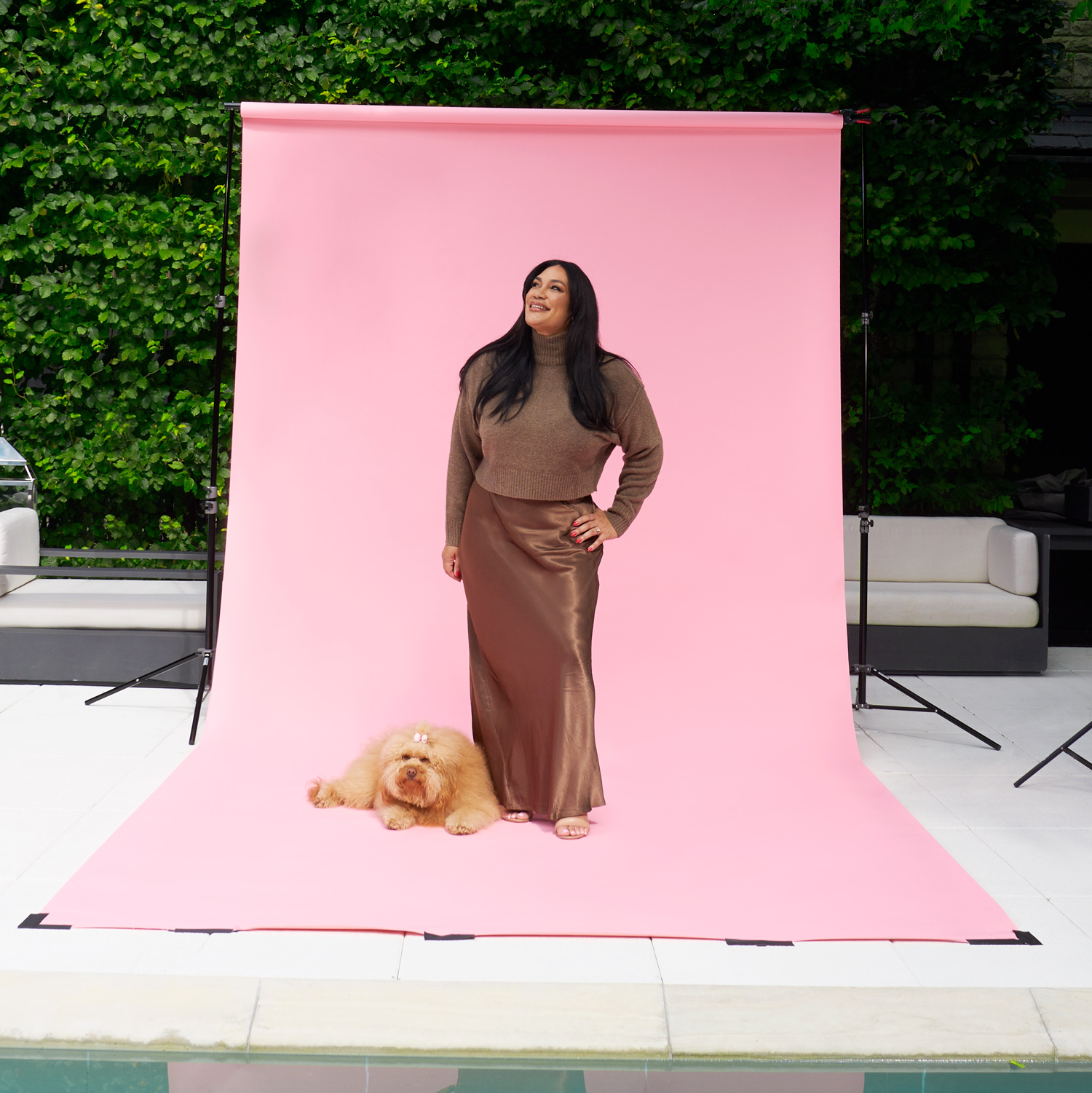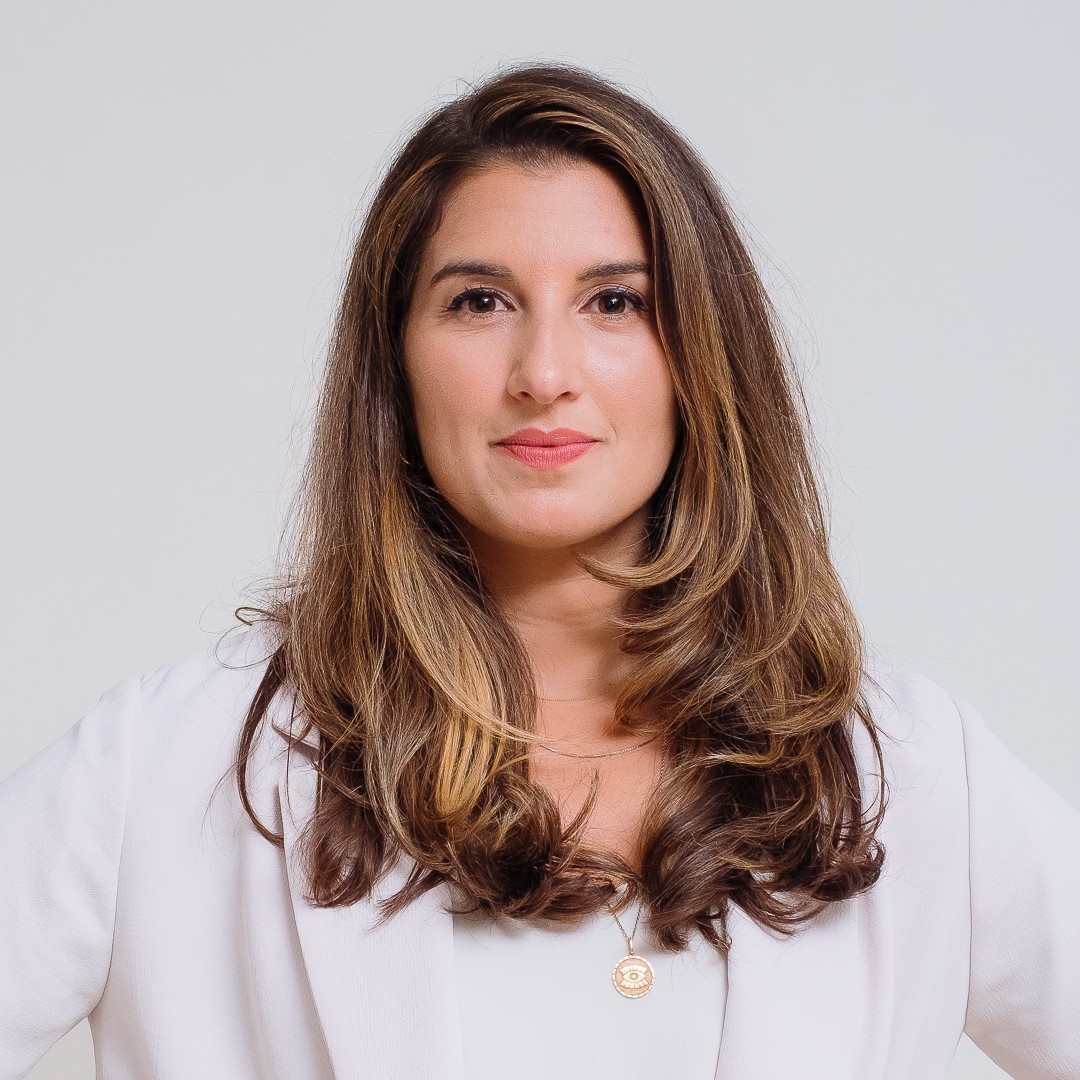“There Are So Many Cool Careers in Sailing”: Canada Ocean Racing’s Emma Kettle on Finding Her Niche
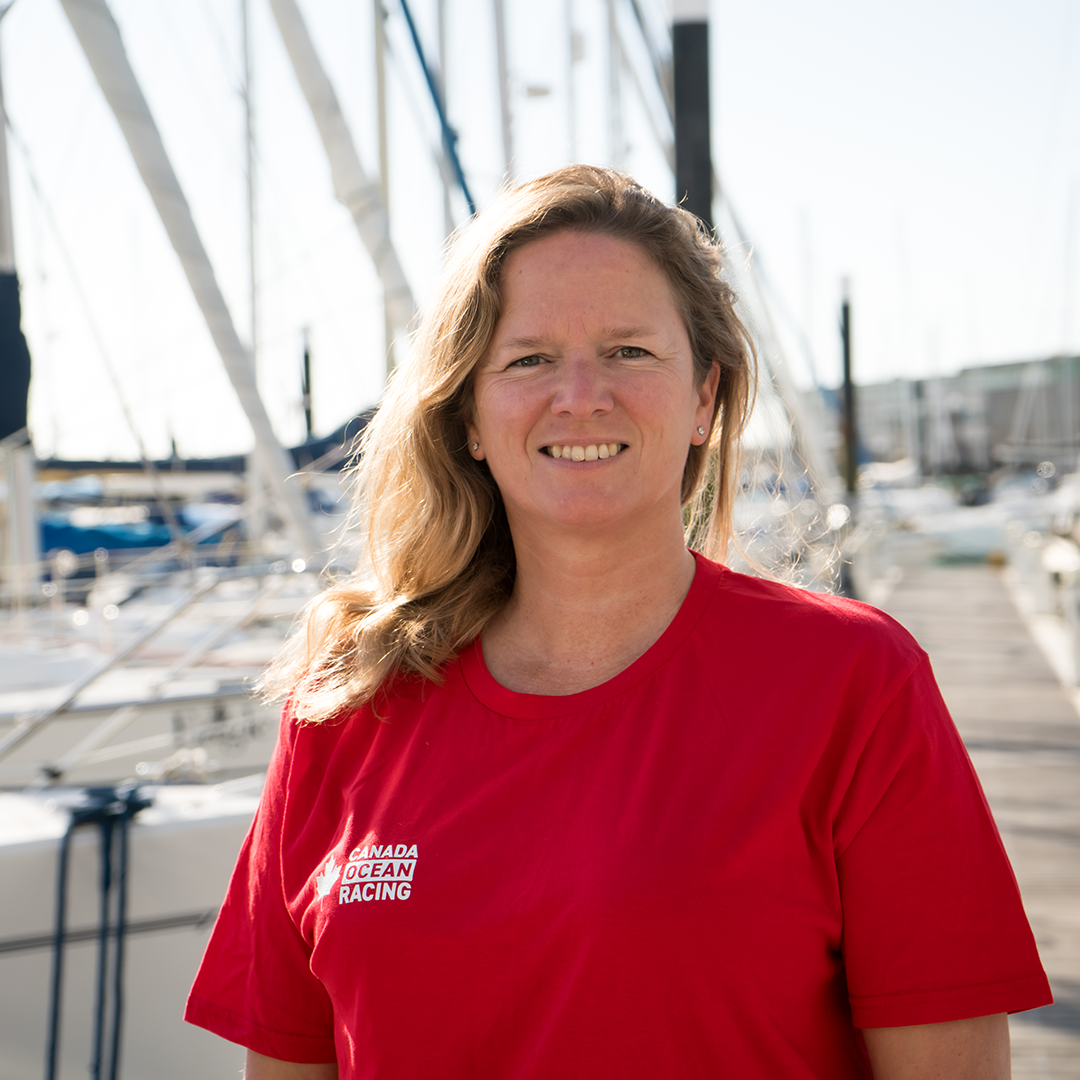
Emma Kettle is the team director for Canada Ocean Racing, a Toronto-based organization that was founded in 2022 as a domestic hub for global competitive offshore sailing. This year, its team started competing in double-handed races, and in 2028 its skipper Scott Shawyer will sail around the world in the infamous Vendée Globe—a solo race that has been dubbed the Everest of the sea. Here, Kettle tells us how her career in sports marketing took her from the U.K. to Abu Dhabi to Canada, and what she’ll do next.
I grew up in Exeter, U.K. and was fortunate to have a, let’s call it robust, education. I was given the chance to try out many things. I went to a boys’ school for my last two years of high school. It was traditionally a single-sex school but they opened it up to become co-ed. There were 800 boys and 25 girls. And so I got to play rugby and football, sports that were considered “for boys” at the time. That gave me the outlook from a young age that I could actually do whatever I wanted.
But I didn’t exactly have a clue about what I wanted to do. All I knew was that I was more interested in being outside than being in a classroom. It was a fairly academically focused school, and I was definitely in the bottom percentage in my subjects. I earned my place there by having other things I was good at, like sports and Outward Bound-type activities.
One of my challenges was finding a niche when all my friends were applying to top universities and I didn’t have a clear subject I was good at. I ended up submitting my applications late, and I literally had to choose the night before they were due what I was going to study. I chose agriculture at Reading University, which turned out to essentially be a business degree. Yes, you’re studying all about plants and animals and agronomy and renewable energy, but also how to run a modern farm, which is underpinned by hard business skills.
After university, a friend of mine was doing recruitment in London and told me that Coca-Cola was hiring in its worldwide sports marketing department. I said, “That sounds good, I’ll do that.” I started as an intern and ended up spending three very happy years there working on rugby, cricket and tennis sponsorships. I got to go to the Davis Cup, and that gave me my first taste of international travel.
When my boss at Coca-Cola left to become CEO for a football team in west London, I joined him. Our offices were under the stadium and I worked my socks off doing everything from season-ticket sales to briefing the players for media interviews to marketing big match-day experiences. The manager of the team really wasn’t that interested in marketing or PR so I had to convince him of its value. I learned through that experience how to get people on your side to do what you need them to do. In his case, it was all about timing—if a match had gone badly or he was nervous about the next match, it was probably not the time to ask him to do a VIP meet-and-greet.
From there I did a couple of other jobs, and during that time I got married and had two children. Then in 2008, my family and I moved to Abu Dhabi when my husband got a job there. At an event I met a chap called Jamie Cunningham, who runs a big sports marketing agency, and I was telling him a bit about my background and he said, “You need to come work for me.” I started in a fairly junior position just so he could see what I could do. Within a couple of months, I was running the whole Middle East division for him.
We managed a number of different sporting events in the Middle East, including some really extraordinary ones like camel marathons across the desert. And at that time the Abu Dhabi government was looking at getting involved in ocean racing. It wanted to promote Abu Dhabi as a maritime nation and compete to take a boat around the world in the Volvo Ocean Race. I helped a team of people pitch for sponsorship, and Abu Dhabi Ocean Racing was born. It was my first experience in professional sailing and I was hooked.
We spent six years in the Middle East and then went back to the U.K., where I met Alex Thomson, a well-known sailor who has done the solo, round-the-world Vendée Globe race five times and completed it twice. I went to watch him take off for it in 2016. I had been to many sporting events but this one was like something I’d never seen. The sailors spend upwards of 80 days at sea, alone on these huge 60-foot boats. They set off on a cold, wet day in France and they go down a mile-long canal to get out to sea. And there are literally a million people on each side of that canal waving these people off. It’s like gladiators going into the arena. When Alex got back I said, ‘I want to work with you.’ So I worked on partnerships for his 2020 race. After that last race, Alex decided he wanted to work with other sailors to help them achieve what he had achieved. We joined forces with the sailor Scott Shawyer to create Canada Ocean Racing because we saw huge potential in Canada to compete in global racing like other nations have done. Not only does Canada have this huge coastline, but Canadians are adventurous and passionate.
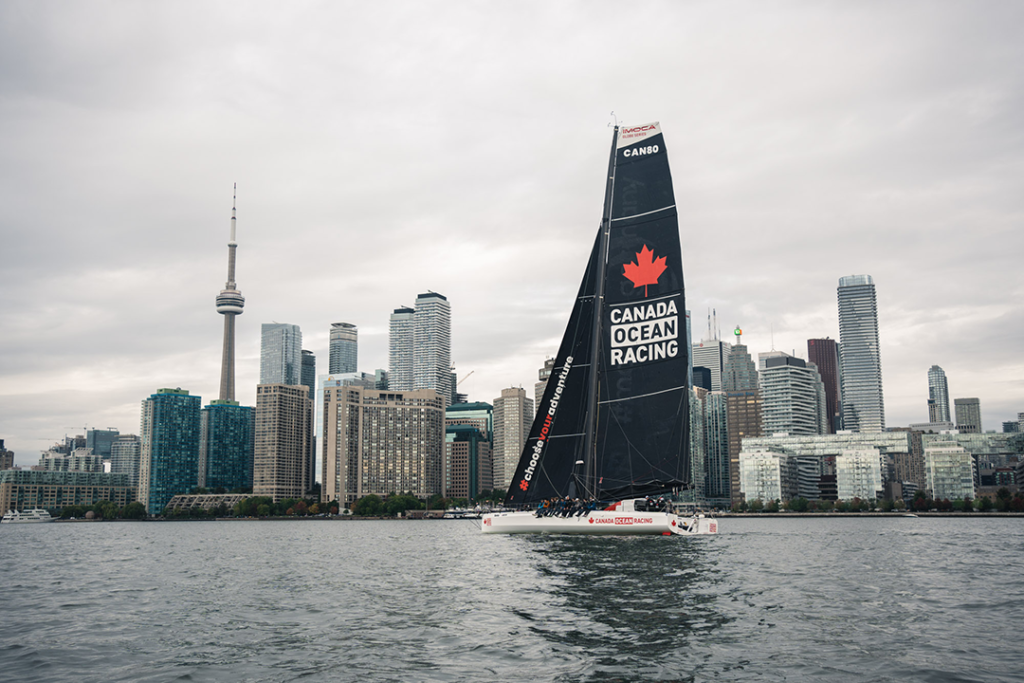
In 2022 we got our boat and assembled a team of Canadians, including the boat crew, logistics managers and a naval architect. Finding Canadian offshore sailors wasn’t easy because there weren’t many. I think there were probably five on our list that could do what we needed them to do, and we employed three of them. Now, we are working on getting the sailors up to speed, and optimizing our new boat for performance. This year, we started moving into more serious training for races, and the team just completed our first double-handed race in January, sailing from the Canaries Islands to Grenada. Our duo of skippers, Scott Shawyer and Brit Alan Roberts, completed the 3,000-mile race in just over nine days, coming in second in their class.
There are such a wide range of roles in a sailing team: Whether you want to be a rigger, a designer, a composite builder, work in the PR department…there are many skill sets involved. We want to develop that kind of maritime business base across Canada. I really want to focus on making our industry more accessible. I have stood at school career fairs holding a nice picture of a boat and telling people I work in sailing. I think it’s really exciting, but I’ve literally seen parents move their children away from my booth and encourage them to go into accounting. If we could lift the lid on this industry and show young people the different fantastic careers there are, I think we’d get more people from all backgrounds getting involved. For example, the boat has a very advanced autopilot for when the sailor eats and sleeps—that’s all coding and artificial intelligence. There are so many cool careers that people can do within ocean racing.
Another thing I am working on is getting more women involved. I’ve worked in many different sports, and they always have separate men’s and women’s events. Ocean racing is one of the very few sporting events where men and women compete equally. There’s no disadvantage because you just set up the boat according to your height and strength and it’s your skill and experience and your fierce competitive nature that gets you ahead. I want to replicate that through the rest of the team as well. We tend to get a lot of women interested in the marketing, finance, administration and PR side of things but I’d like to get more involved in the technical side of things, like electronics, systems, data analysis and rigging—there are plenty of opportunities.
Right now our big goal is getting our team ready to compete in the Vendée Globe Race in 2028. On a personal level, my goal is to gradually hand over more and more of my work to the new team we’ve built here in Canada. They’re the ones who will make Canada Ocean Racing a success long term. After Vendée, I’ll turn my efforts to building other teams and focusing on the youth development aspect and encouraging more women to get involved. That takes time. With sailing, you have to be very flexible. So much of it depends on the weather. If we’re getting our boat ready to go across the Atlantic, it might go on a Tuesday or it might have to wait until Friday. I’m a doer—I want to do things and I want to do them now. I think some of my team would say I’m impatient. But I’ve learned to be flexible and I’ve learned to slow down.
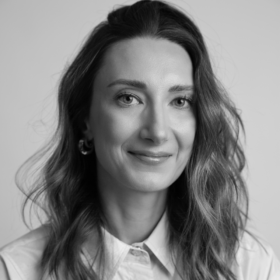




![CB-800x800_0000s_0006_IMG_1010[2]](https://canadianbusiness.com/wp-content/uploads/2021/10/CB-800x800_0000s_0006_IMG_10102.jpg)

